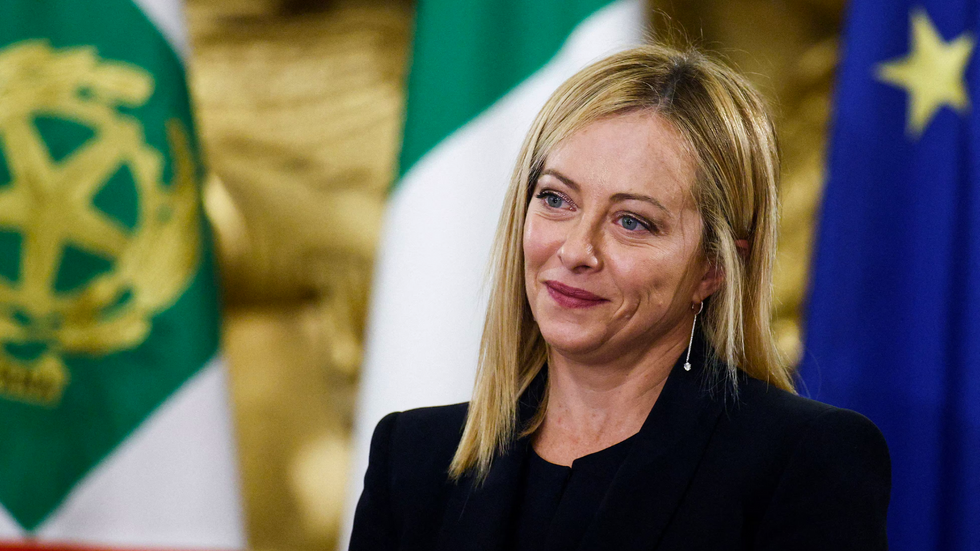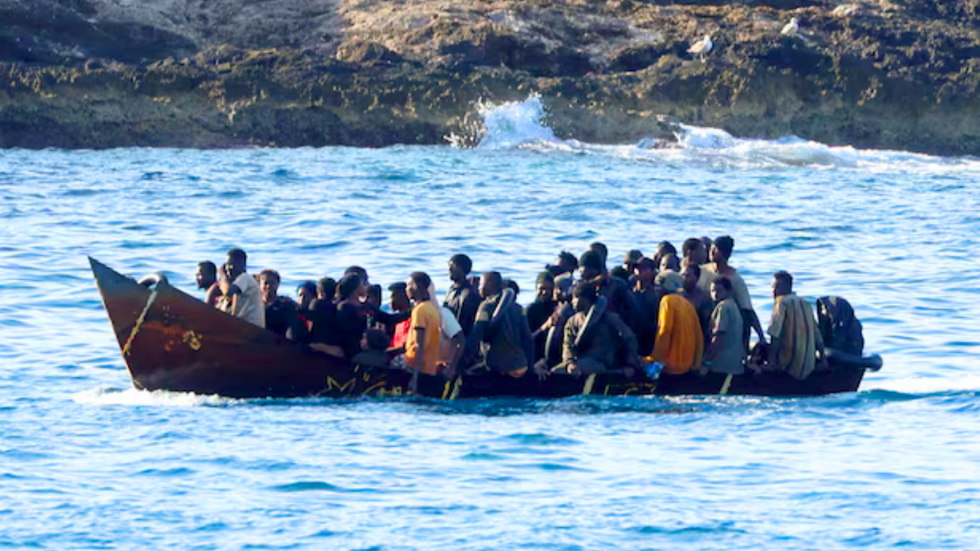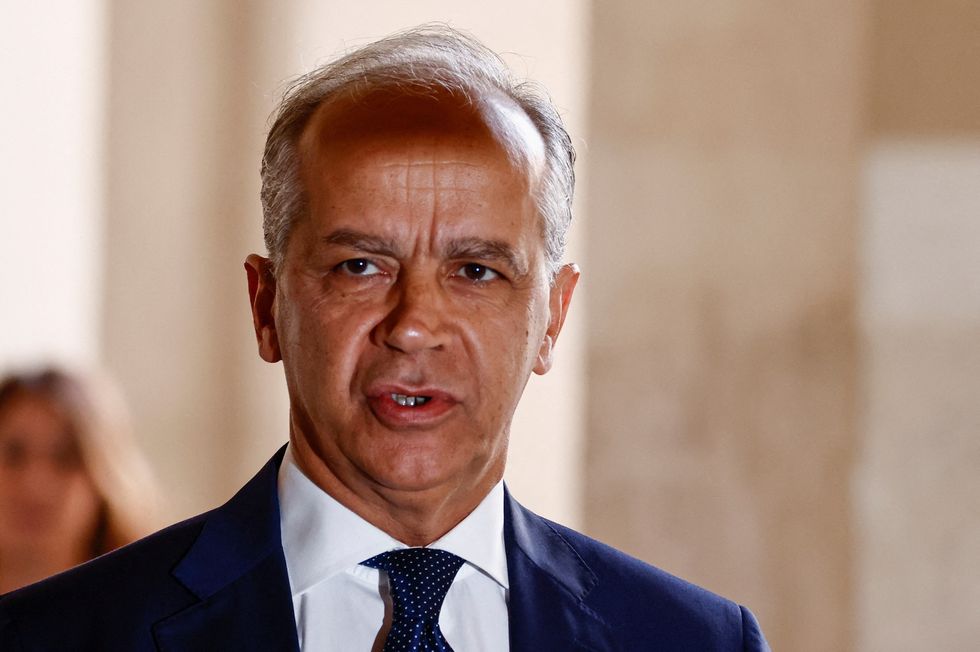Italy has blocked nearly 200,000 migrants from crossing the Mediterranean since Giorgia Meloni’s Government came to power two years ago, the country’s interior minister has revealed.
The Italians’ strategy has led to a dramatic reduction in migrant arrivals, with so-called “irregular crossings” dropping by 60 per cent in 2024 compared to the previous year.
But the country’s success comes at a cost – Italy has signed crucial agreements with Tunisia and Libya, which received hundreds of millions of euros in aid, trade and investment in exchange for stopping migrant boats from leaving their shores.
The agreements with the North African nations have proven effective in the face of controversy surrounding their implementation.

Italy has blocked nearly 200,000 migrants from crossing the Mediterranean since Giorgia Meloni’s government came to power
REUTERS
Italy has been at the forefront of an EU-brokered deal providing over one billion euros in financial aid to Tunisia, helping the country better police its borders.
The Tunisian coast guard has since intercepted tens of thousands of migrants attempting the dangerous sea crossing to Italy.
Italy has also set up a similar cooperation deal with former colony Libya.
The EU has extended similar financial pledges to other African nations, including Egypt and Mauritania, to improve border security and support aid projects.
But human rights groups have strongly criticised these agreements, with some claiming the EU’s deal with Tunisia was “blackmail”.
LATEST FROM ITALY:

Italy has signed crucial agreements with Tunisia and Libya, both of which are starting points for hundreds of thousands of migrants
REUTERS
Tunisia has been accused of rounding up sub-Saharan migrants and abandoning them in the desert.
The country’s president Kais Saied has faced criticism from the EU for claiming sub-Saharan migrants are part of a plot to erase Tunisia’s cultural identity.
Meanwhile, Libya’s holding centres have been denounced for subjecting migrants to torture and beatings in filthy conditions, and the Libyan coast guard has been accused of corruption and brutality in its treatment of migrants attempting to reach Italy.
Interior Minister Matteo Piantedosi told La Stampa newspaper: “It is a positive picture and the numbers bear that out.”

‘It is a positive picture and the numbers bear that out,’ Italy’s Interior Minister said
REUTERS
He highlighted that arrivals had also decreased by 38 per cent compared to 2022, while the number of rejected asylum seekers being returned to their home countries rose by 16 per cent.
“These are the result of targeted policies… including close cooperation with the police forces of countries of origin and transit,” Piantedosi said.
Italy has also assisted transit countries in repatriating migrants, with more than 21,000 people returned to their home countries in 2024.
Last year saw 66,000 migrants reach Italy by sea, compared to 157,000 in 2023.
Italy hopes to further deter migrants with two planned holding centres in Albania – but the project faces legal hurdles.
The detention centres currently lie empty after challenges from European and Italian courts delayed their opening.
Prime Minister Meloni remains confident the legal challenges will be overcome, allowing the centres to process thousands of migrants in coming months.
“The centres are an important part of our strategy of fighting irregular immigration,” Piantedosi said.